Creating a connection with a reserved cat can be both a challenging and rewarding experience. Cats, as naturally independent creatures, often take time to warm up to new people or environments. A reserved cat may seem distant at first, but patience and understanding can help forge a strong bond. This journey requires empathy, respect, and a sprinkle of persistence. Here’s a guide to help you understand and connect with your reserved feline friend.
Understanding the Nature of Reserved Cats
Reserved cats often appear aloof, keeping to themselves rather than seeking attention. This behavior can stem from their individual personality or past experiences. It’s crucial to remember that, like humans, cats have distinct personalities. Some are naturally more introverted. Understanding this can help you approach them with the right mindset. It’s not personal; it’s just their way of being. Recognizing this helps set realistic expectations and reduces frustration.
Creating a Safe Space

A reserved cat thrives in a secure and peaceful environment. Providing a safe space where your cat can retreat will help them feel more comfortable. This could be a quiet room or a cozy corner with their favorite blanket. Ensure they have access to food, water, and a litter box nearby. This sanctuary becomes their comfort zone, where they can unwind and observe without feeling threatened. Consistency in this environment fosters trust.
Approaching with Patience
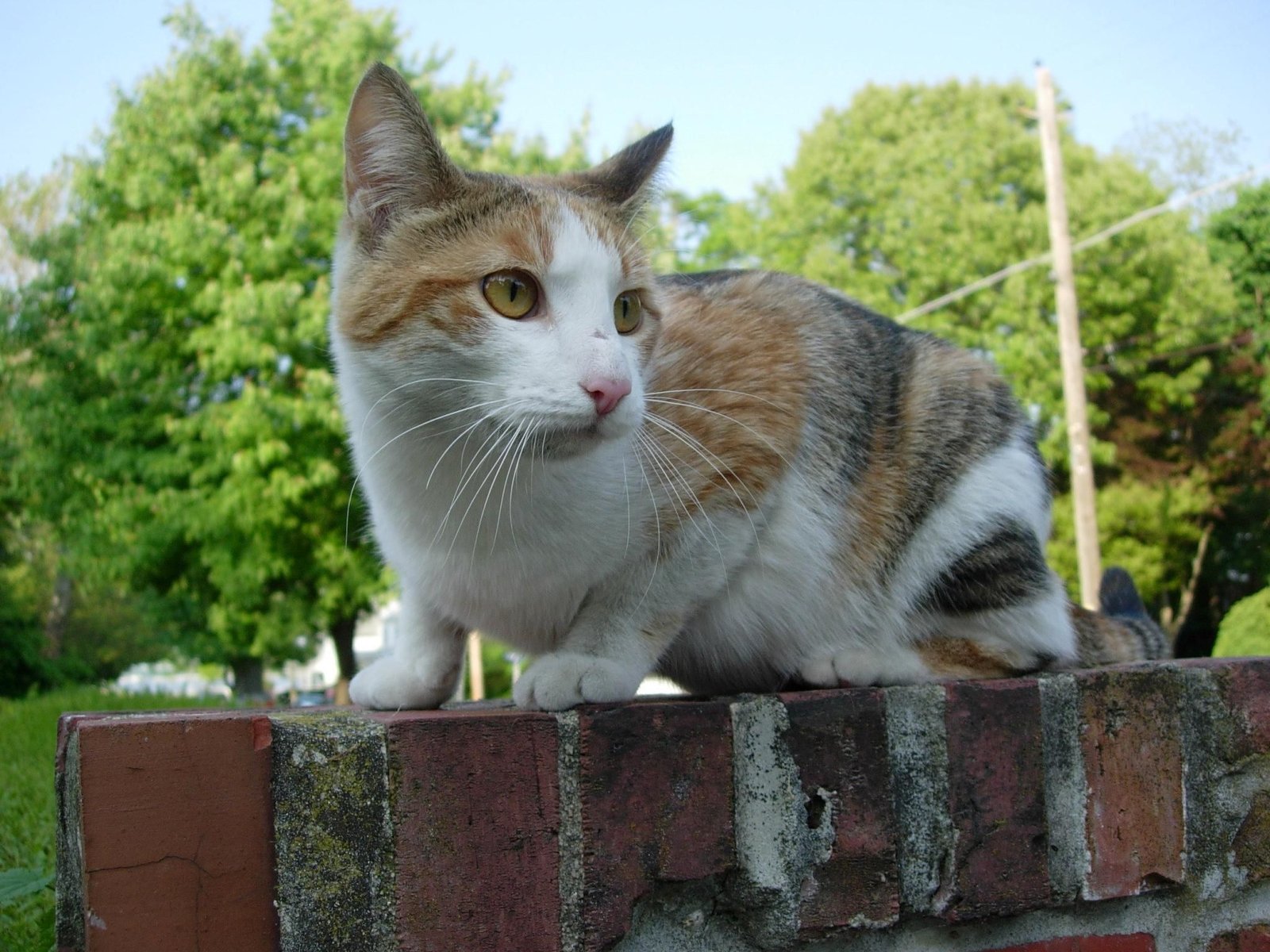
Patience is key when interacting with a reserved cat. Rushing or forcing them into interactions can backfire, causing them to retreat further. Allow your cat to approach you first. Sit quietly in their vicinity, offering treats or toys as incentives. Over time, they’ll associate your presence with positive experiences. It’s like trying to befriend a shy person; the more you respect their space, the more likely they are to open up.
Using Gentle Communication
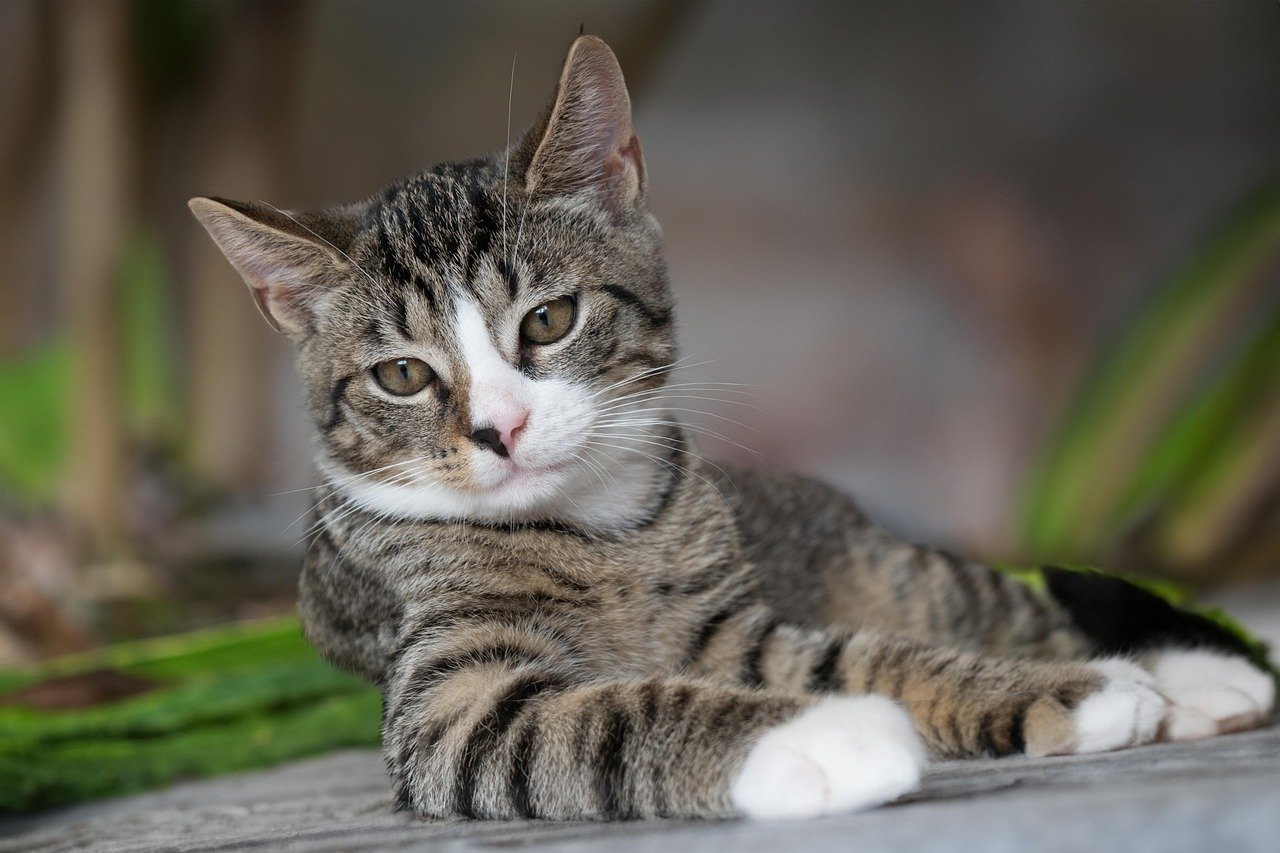
Communication with a reserved cat should be gentle and non-threatening. Soft tones and slow movements are less likely to startle them. Speak to them in a calm voice, even if they don’t respond immediately. Cats are perceptive and can pick up on the emotions behind your words. Over time, they’ll begin to associate your voice with safety and comfort. Think of it as building a bridge of trust, one word at a time.
Engaging with Interactive Play
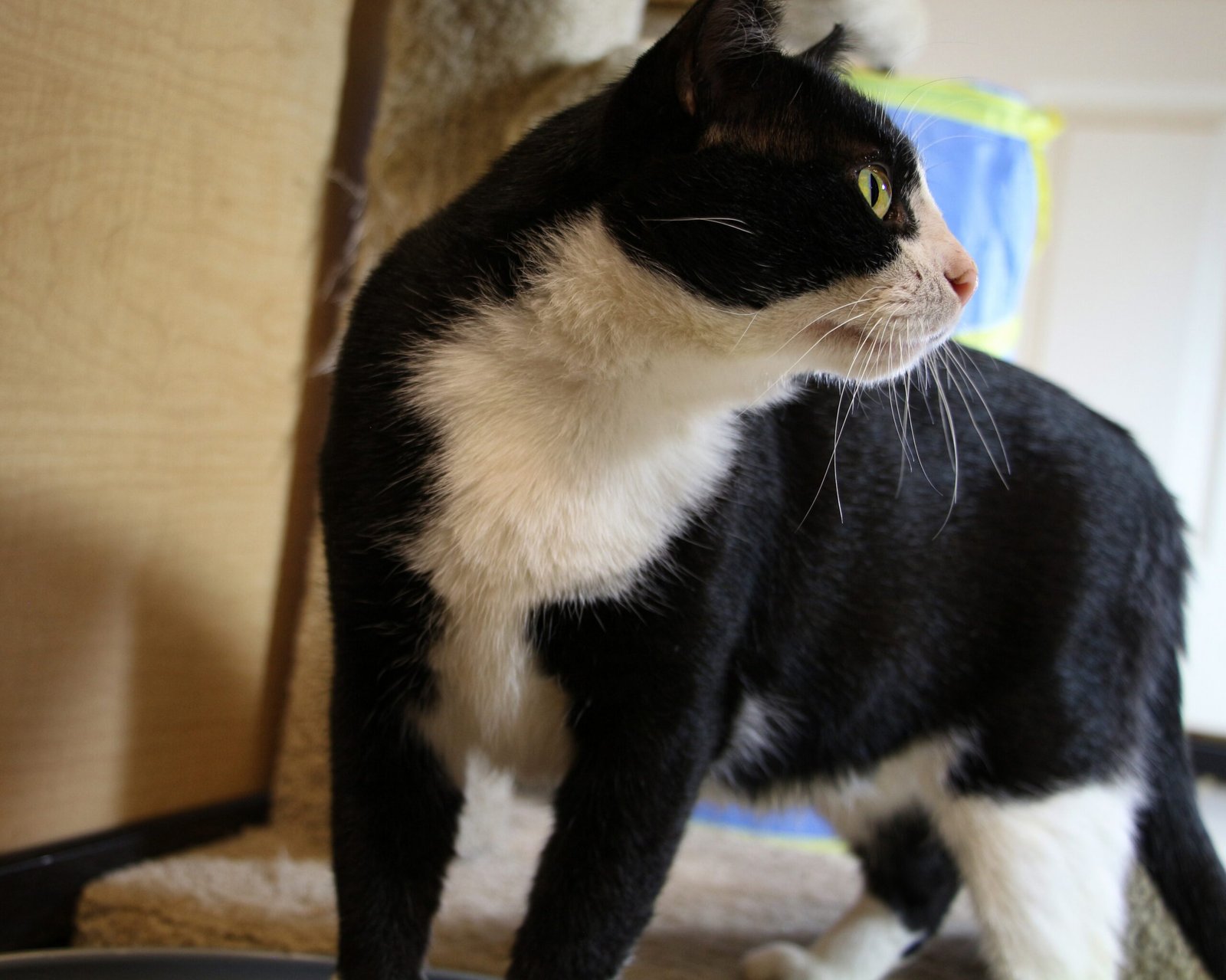
Interactive play is a fantastic way to engage a reserved cat. Using toys that mimic prey, like feather wands or laser pointers, can stimulate their natural hunting instincts. Playtime should be regular but not overwhelming. It serves as both physical exercise and mental stimulation. This shared activity can become a bonding ritual, breaking down barriers and building a connection. It’s like sharing a hobby with a friend, creating common ground.
Offering Treats as Tokens of Trust
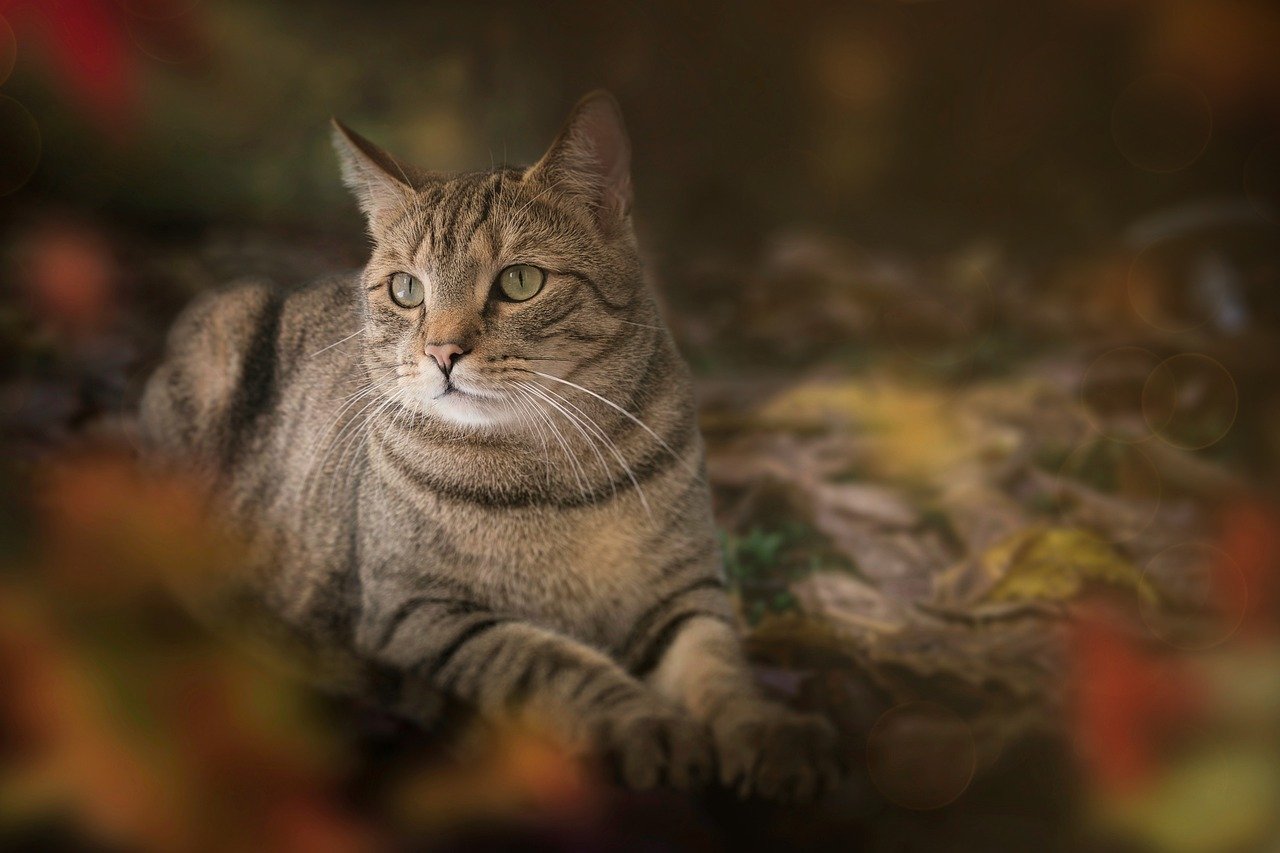
Treats can be a powerful tool in building trust with a reserved cat. They act as positive reinforcement, rewarding your cat for coming closer or engaging with you. Start by placing treats near them, gradually decreasing the distance over time. Eventually, they’ll associate your presence with something enjoyable. It’s akin to extending an olive branch, a gesture of goodwill that paves the way for friendship.
Respecting Their Personal Boundaries

Every cat has personal boundaries, and respecting them is crucial for a healthy relationship. Avoid petting or handling them if they seem uncomfortable. Instead, observe their body language for signals of consent. A cat’s tail, ears, and eyes can communicate volumes about their mood. By respecting their limits, you’re showing them that you’re attentive and considerate. It’s like respecting a friend’s need for personal space, fostering mutual respect.
Learning Their Body Language
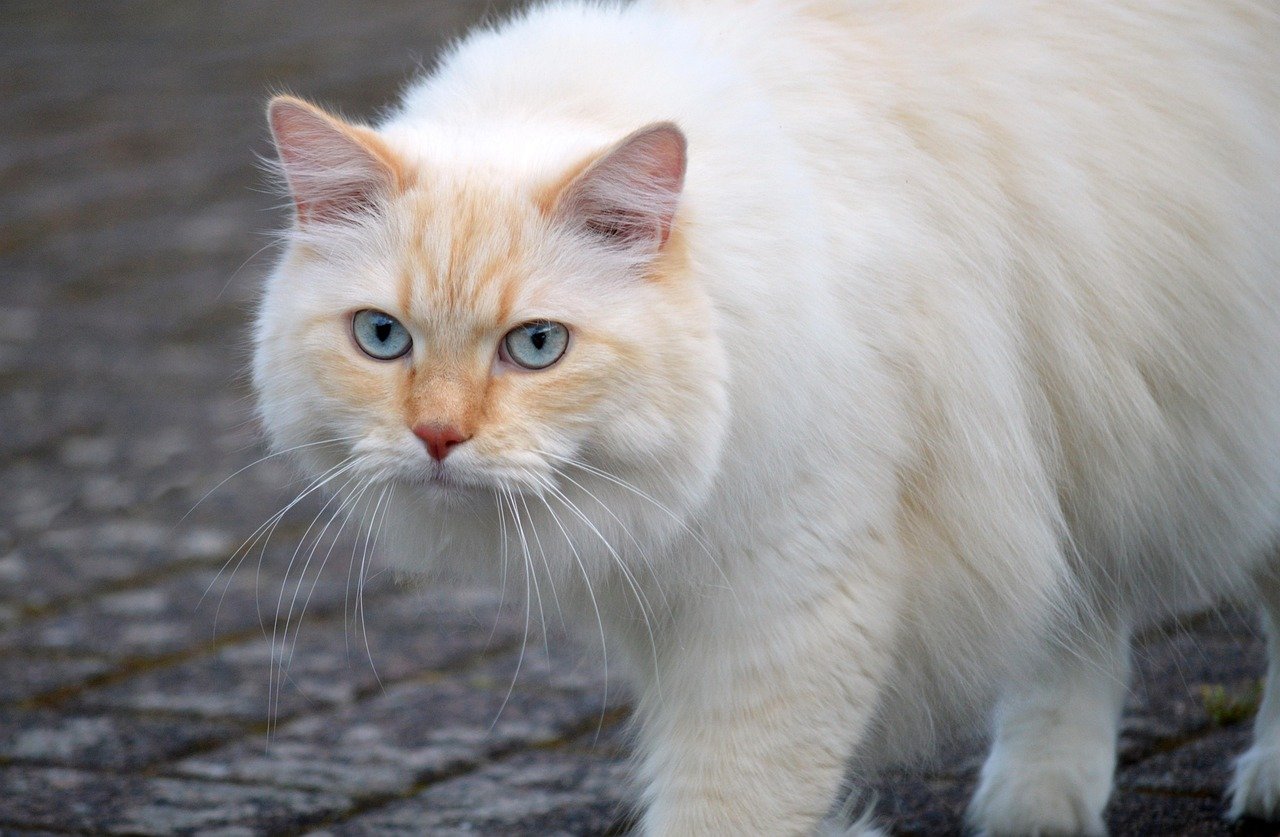
Understanding a cat’s body language is essential for effective communication. A relaxed cat might have a softly swishing tail, half-closed eyes, or a gentle purr. Conversely, a twitching tail or flattened ears may indicate discomfort or stress. By learning these cues, you can respond appropriately to their needs. It’s like learning a new language, where each gesture and posture conveys meaning. This knowledge helps strengthen your bond.
Building a Routine
Cats are creatures of habit and thrive on routine. Establishing a consistent daily routine can provide a sense of security for your reserved cat. Regular feeding times, play sessions, and quiet periods can help them know what to expect. This predictability reduces anxiety and fosters a feeling of safety. It’s similar to a daily schedule, where consistency brings comfort and stability.
Offering Quiet Companionship
Sometimes, just being there is enough. Offering your cat quiet companionship without demanding interaction can build trust. Sitting nearby while reading or watching TV allows them to observe you in a non-threatening way. Over time, your presence will become a source of comfort. It’s like being a reliable friend, always there when needed, without expecting anything in return.
Introducing New Experiences Gradually
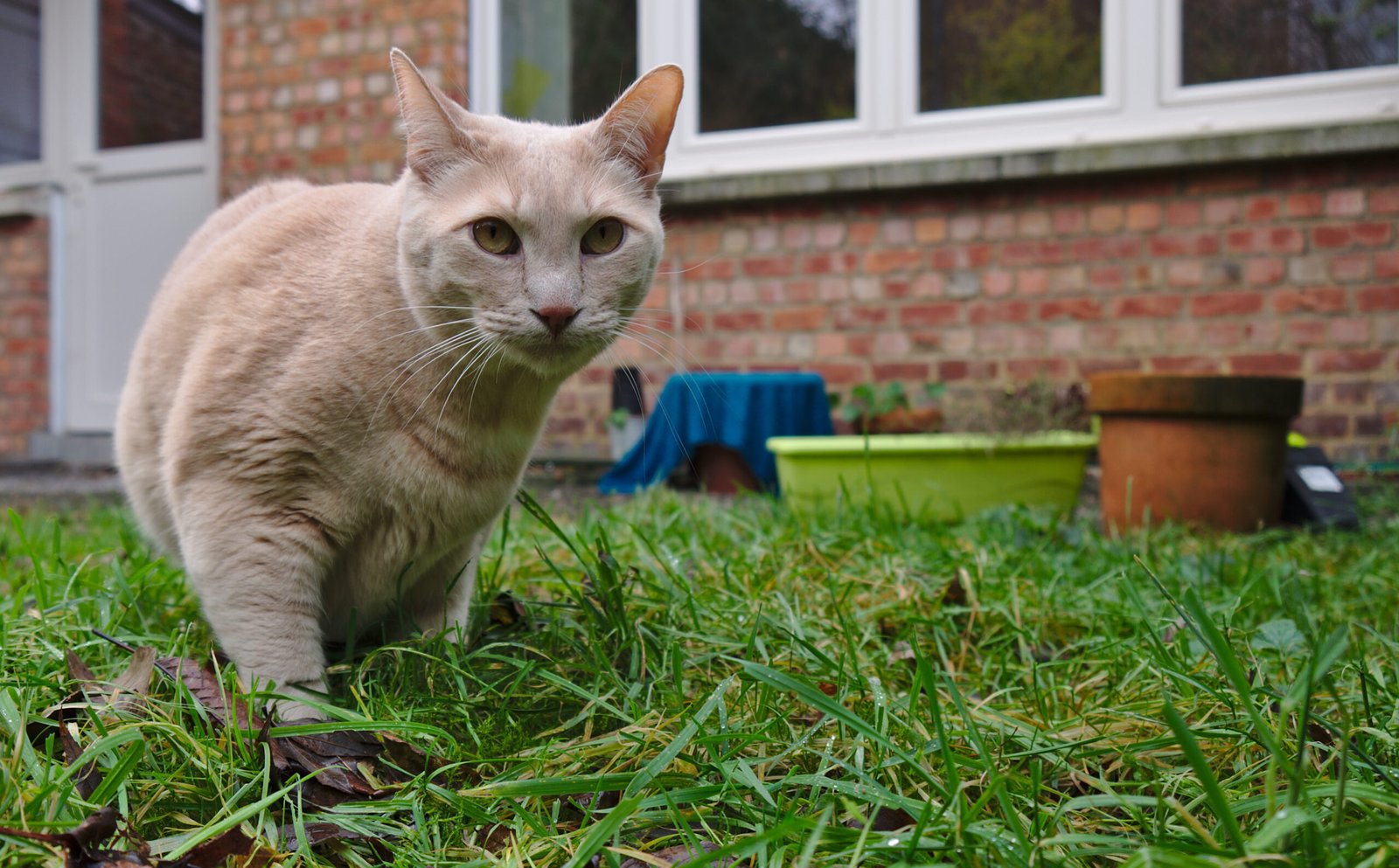
Introducing new experiences to a reserved cat should be done gradually. Whether it’s a new toy, a different room, or meeting new people, take it slow. Allow them to explore at their own pace, retreating if they need to. This approach prevents overwhelming them and builds confidence. It’s like easing into a cold pool, taking one step at a time to acclimate comfortably.
Providing Mental Stimulation
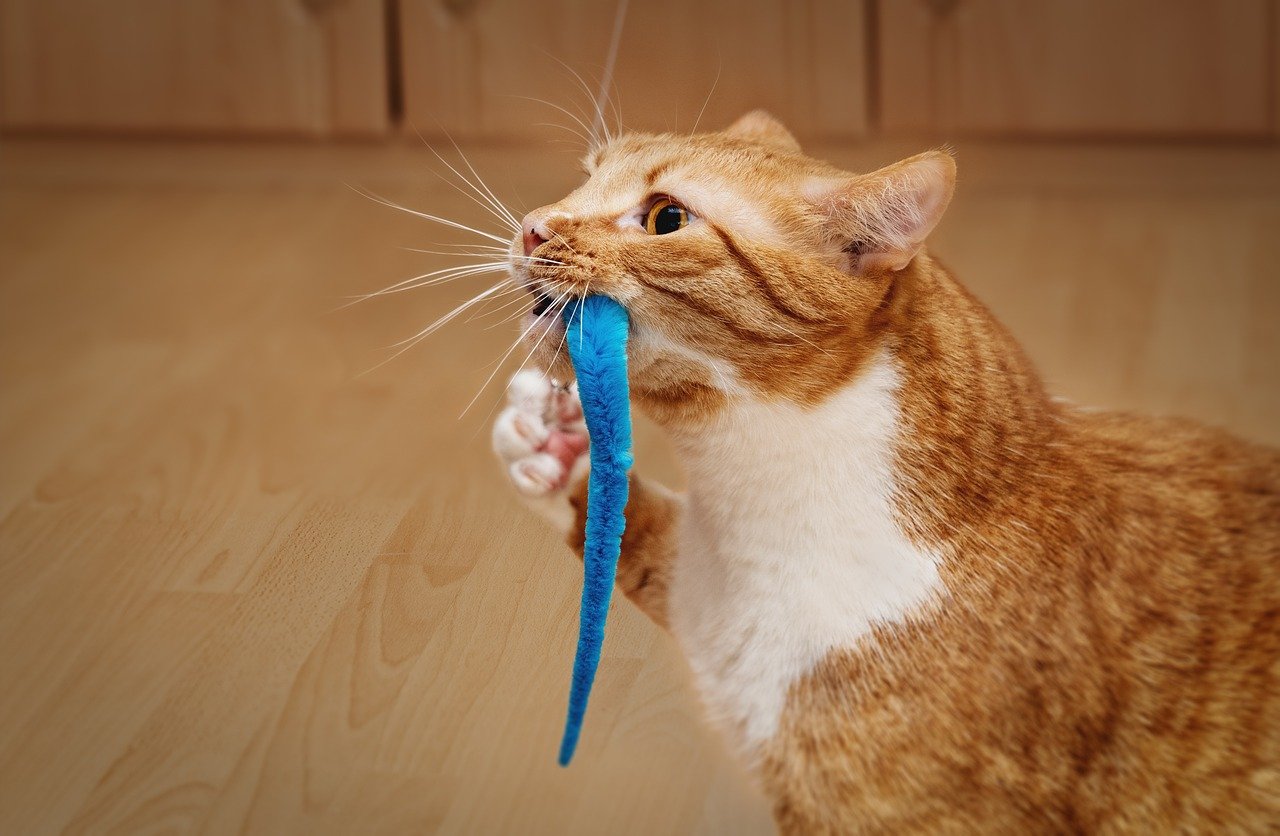
Mental stimulation is vital for a reserved cat’s well-being. Puzzle feeders, interactive toys, or even a window perch for bird watching can keep their minds active. This engagement prevents boredom and enriches their environment. It’s like offering a variety of books to an avid reader, keeping their curiosity alive and their mind sharp.
Being Consistent with Affection
Consistency in affection helps a reserved cat feel secure. Whether it’s a gentle petting session or a soothing voice, regular positive interactions reinforce your bond. Over time, they’ll come to expect and appreciate these moments of connection. It’s like watering a plant regularly; the consistent care helps it thrive.
Creating a Peaceful Environment
A peaceful environment is essential for a reserved cat’s comfort. Minimize loud noises, sudden movements, or chaotic situations that might stress them. Soft music or white noise can help create a calming atmosphere. This tranquility allows them to relax and feel safe. It’s akin to creating a serene sanctuary, a place where they can unwind and be themselves.
Understanding Past Experiences
Sometimes, a reserved cat’s behavior is shaped by past experiences. Understanding their history, if possible, can provide valuable insights into their behavior. Trauma or negative encounters can make a cat wary and cautious. By acknowledging this, you can tailor your approach to meet their unique needs. It’s like understanding a friend’s past, allowing you to support them in the present.
Encouraging Exploration
Encouraging exploration can help a reserved cat build confidence. Providing safe opportunities to explore new areas or objects can stimulate their curiosity. This exploration fosters independence and a sense of control over their environment. It’s like encouraging a child to try new activities, helping them grow and learn.
Celebrating Small Victories
Every step forward, no matter how small, is a victory when bonding with a reserved cat. Celebrate these moments, whether it’s a gentle head bump or a purr of contentment. These positive reinforcements encourage continued progress. It’s like cheering for a friend’s accomplishments, no matter how minor they may seem.
Seeking Professional Help if Needed
Sometimes, despite your best efforts, a reserved cat may need professional help. Consulting a veterinarian or animal behaviorist can provide additional insights and strategies. They can help address any underlying issues affecting your cat’s behavior. It’s like seeking advice from an expert, ensuring you have the best tools to succeed.
Enjoying the Journey
Building a bond with a reserved cat is a journey, not a destination. Enjoy the process, cherishing each moment of connection and understanding. This journey can teach you patience, empathy, and the joy of companionship. It’s like embarking on a new adventure, where the experiences along the way are as rewarding as the destination itself.
Hi, I’m Bola, a passionate writer and creative strategist with a knack for crafting compelling content that educates, inspires, and connects. Over the years, I’ve honed my skills across various writing fields, including content creation, copywriting, online course development, and video scriptwriting.
When I’m not at my desk, you’ll find me exploring new ideas, reading books, or brainstorming creative ways to solve challenges. I believe that words have the power to transform, and I’m here to help you leverage that power for success.
Thanks for stopping by, Keep coming to this website to checkout new articles form me. You’d always love it!





